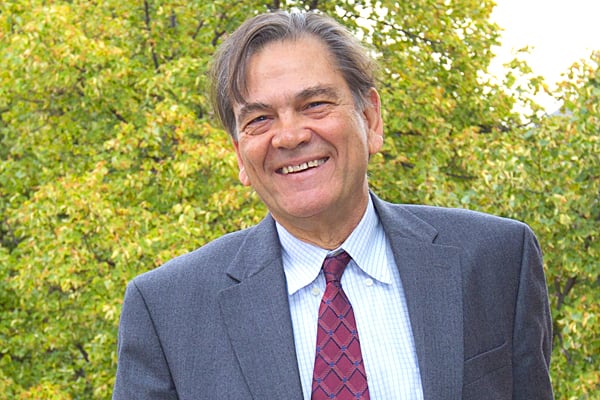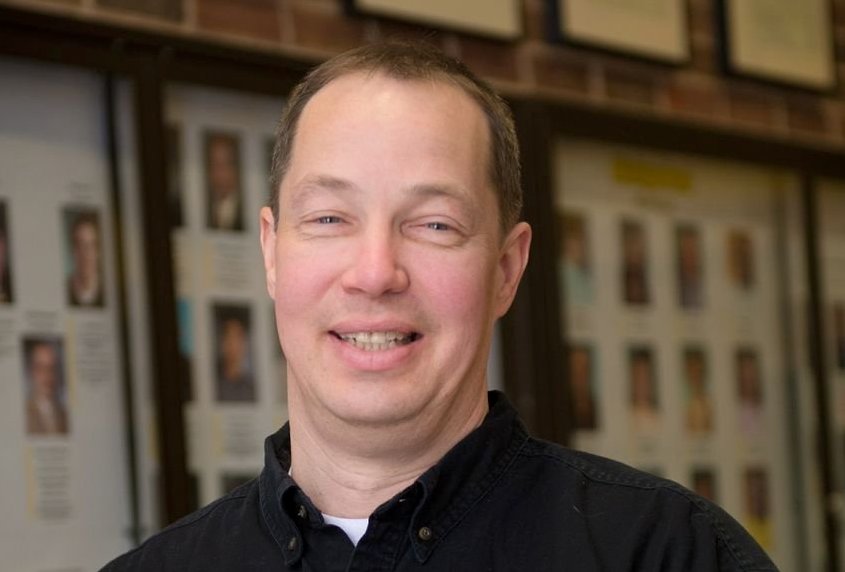Associate Teaching Professor Aneet Narendranath (ME-EM) has been selected as one of nine international scholars for the International Alliance to Advance Learning in the Digital Era (IAALDE) VISTAS Colloquium Series.
In a first phase, IAALDE has called for ambitious midcareer researchers, pre-tenured or recently tenured, who are developing and implementing a long-range research vision (think: 5-10 years ahead) and are therefore interested in discussing their research vision with peers from multiple societies and different disciplinary backgrounds.
The goal of the VISTAS (Vision, Inspiration, Synergy, and Transformation Across Societies) Colloquium Series on Learning and Technologies Research is to create a discussion space where researchers can connect with one another to explore ideas across multiple disciplinary and society perspectives. It is envisioned to inspire transformative research and to improve our societies by better connecting researchers to one another and to cross-disciplinary ideas.
A graduate of Michigan Technological University, Narendranath’s teaching interests include classical mechanics, numerical methods for differential equations and symbolic solution packages. His research interests focus on numerical solutions and applications to engineering of nonlinear partial differential equations and low Reynolds Number fluid physics.
Congratulations to Narendranath on achieving this honor.
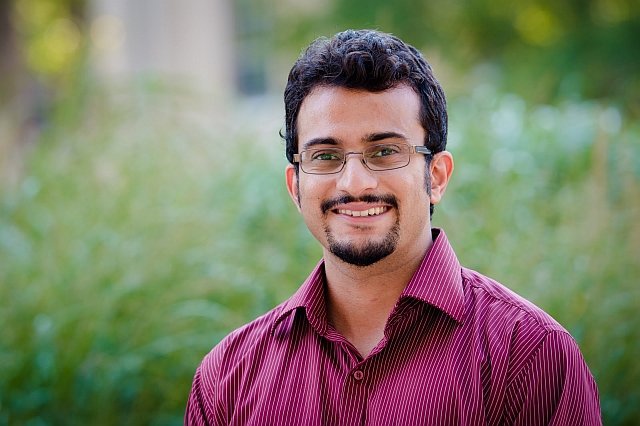

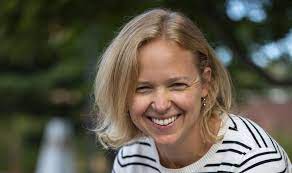
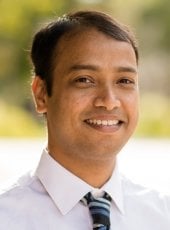
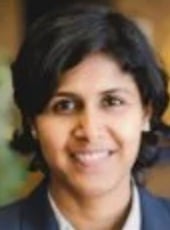
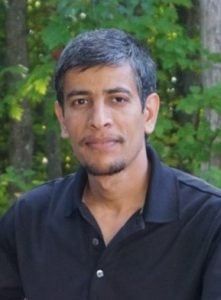
![Preview image for The Impact of Relative Humidity on The Porosity and The Structure of PEM Fuel [...] - Karrar Alofari video](https://i.ytimg.com/vi/iX_fybbH6js/maxresdefault.jpg)
